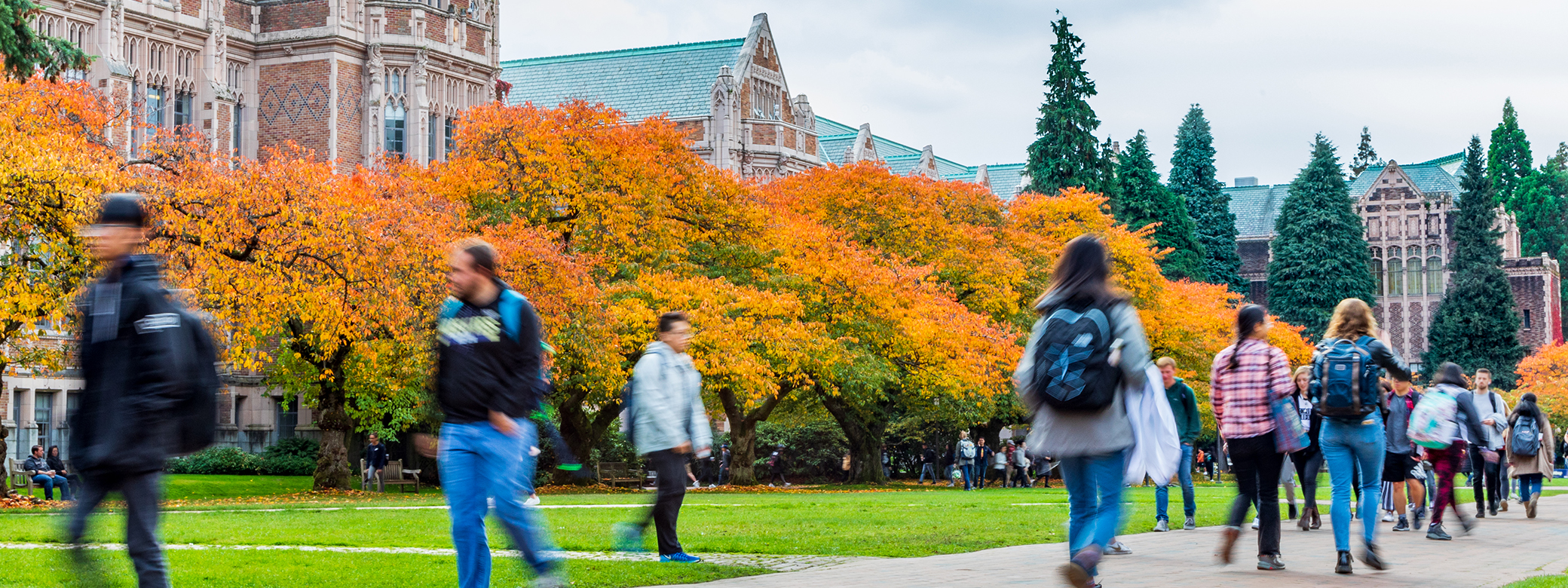-
Women Are Creating a New Culture for Astronomy
A new generation of scientists is challenging the biased, hierarchical status quo in astronomy. The UW's Jessica Werk, Sarah Tuttle, and Emily Levesque, discuss.
04/01/2022 | Scientific American -
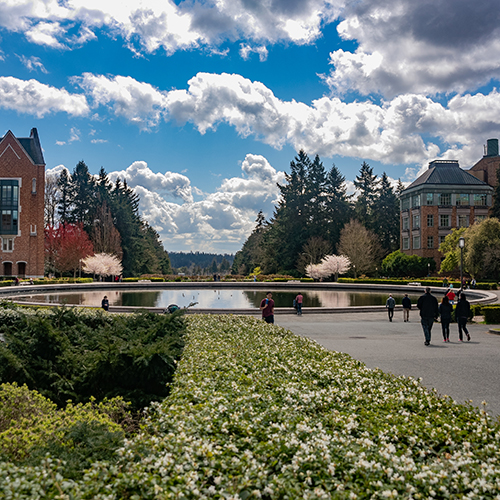
Cool Courses for Summer 2022
It's time to think about summer quarter! Check out these cool Arts & Sciences courses to be offered this summer.
03/31/2022 | College of Arts & Sciences -
How happy are Seattle, and WA as a whole, compared to other cities and states?
By some accounts, Seattle is among the most stressed and sleep-deprived metros in the nation, but let’s forget about that for a moment. New reports find Seattle, and Washington as a whole, rate high on the happiness scale. Milla Titova, assistant teaching professor of psychology at the UW, is quoted.
03/31/2022 | The Seattle Times -

Rome the Roller Coaster
Communication major Jean Wong shares the ups and downs of her UW study abroad experience in Rome.
April 2022 Perspectives -
A Legacy for the Real World
Professor of Philosophy Bill Talbott reflects on a career of practical inquiry
03/24/2022 | College of Arts & Sciences -
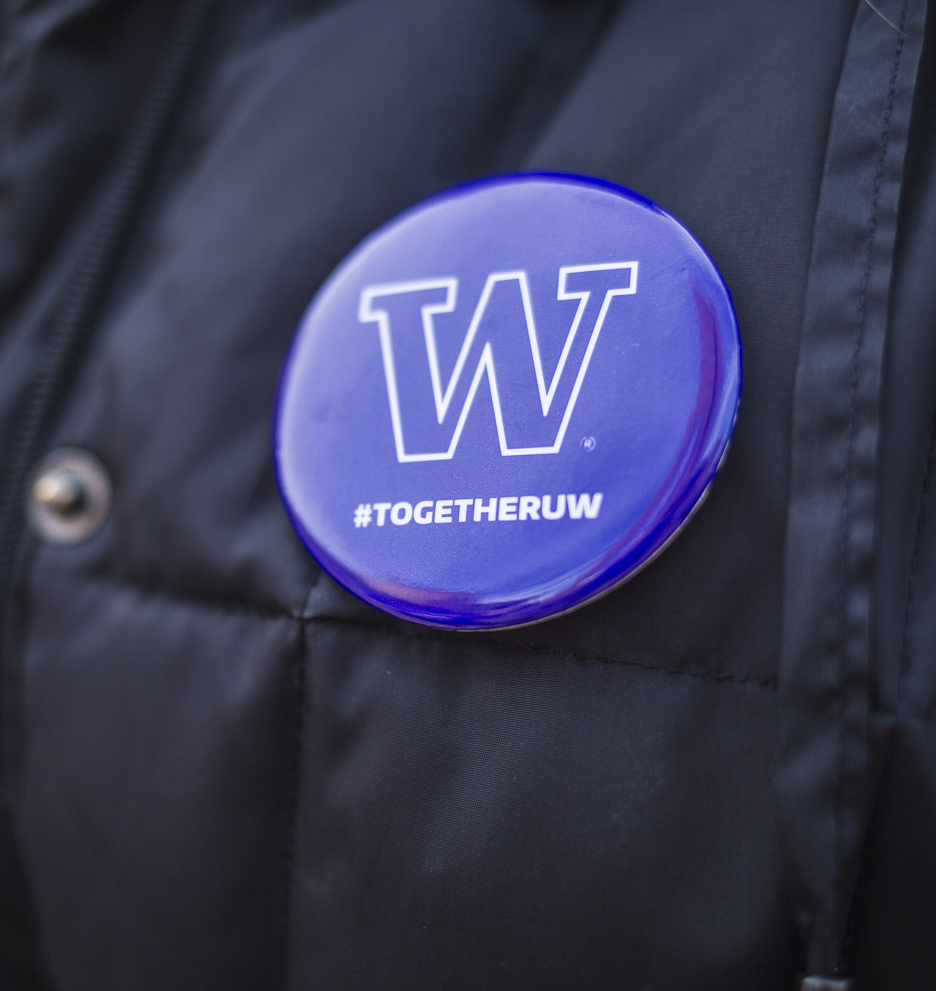
The Common Good
Dean Dianne Harris reflects on the Common Good and what that means for the future of higher education in the 21st century.
03/18/2022 | College of Arts & Sciences -
Rooted in the Past While Tending to the Future
When Dan Harmon passed away in July of 2021, the UW lost one of its champions, many lost a dear friend and colleague, and the world lost a humble scholar who became a beloved citizen wherever he went. Still, in his unassuming way, and even in death, he managed to impart a few more delightful and lasting surprises.
03/15/2022 | College of Arts & Sciences -
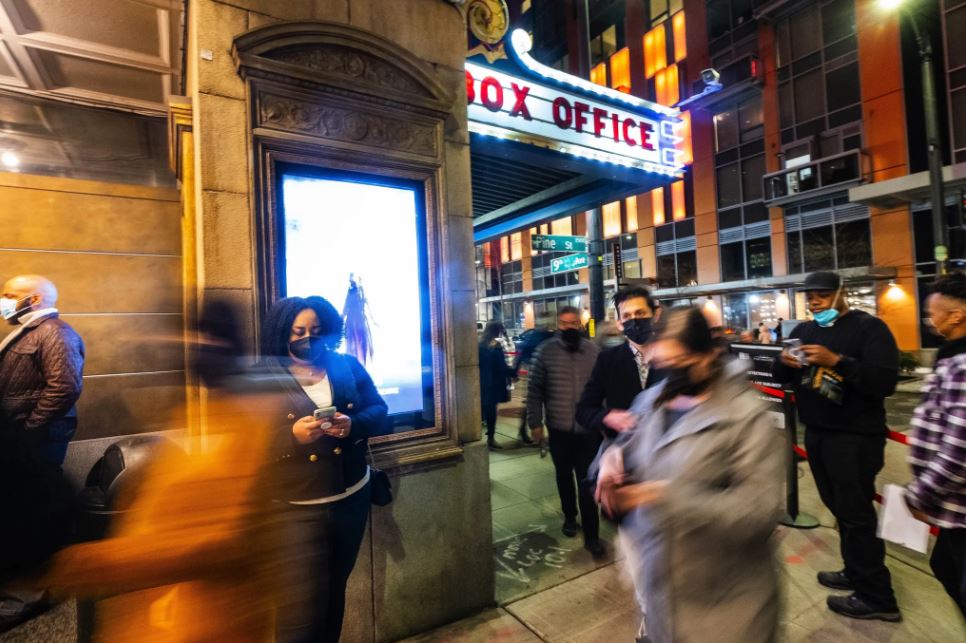
What you need to know about mask, vaccine rules at Seattle-area arts and music events
JeeSook Kutz, director of finance and administration at the UW's Henry Art Museum, explains how COVID restrictions will impact visitors at the Henry Art Gallery.
03/14/2022 | The Seattle Times -

Lessons from Bollywood
Professor Anand Yang grew up on Bollywood films. Now he uses this popular entertainment to teach colonial Indian history.
March 2022 Perspectives -
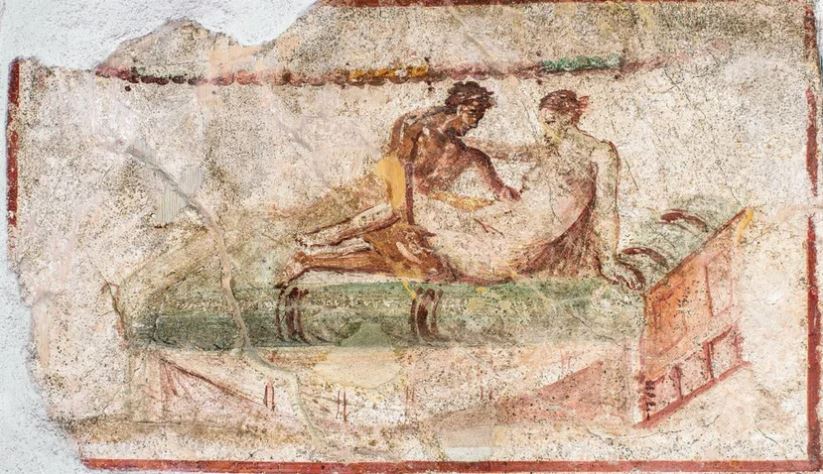
A Brief History of Prostitution in Ancient Greece and Rome
Sarah Levin-Richardson, associate professor of classics, discusses the significance of prostitution in antiquity.
03/09/2022 | Haaretz
